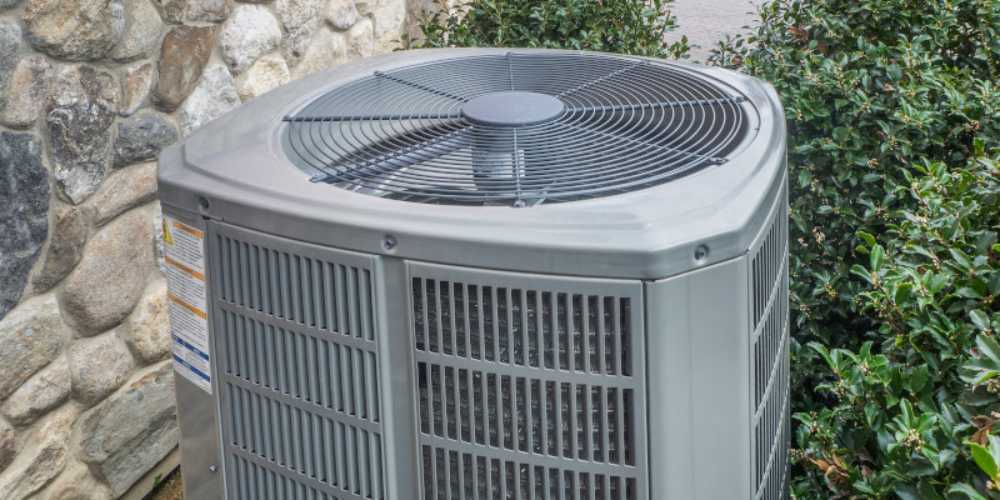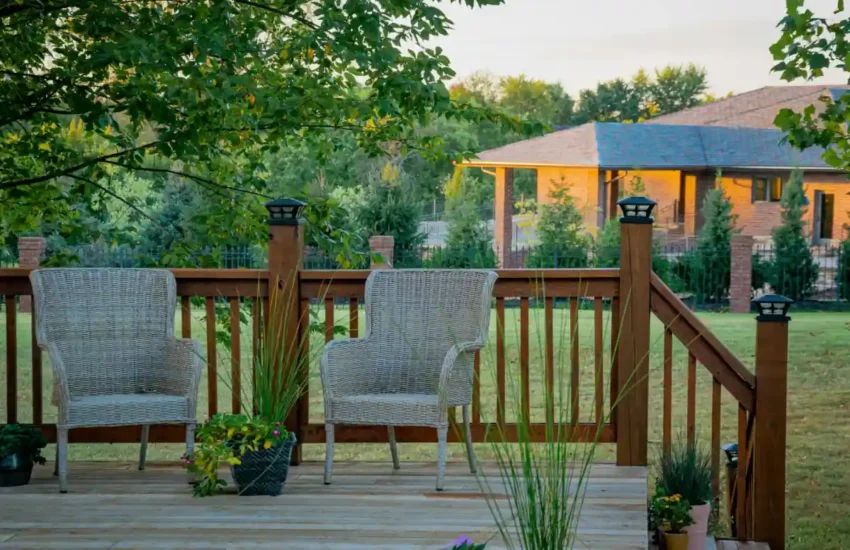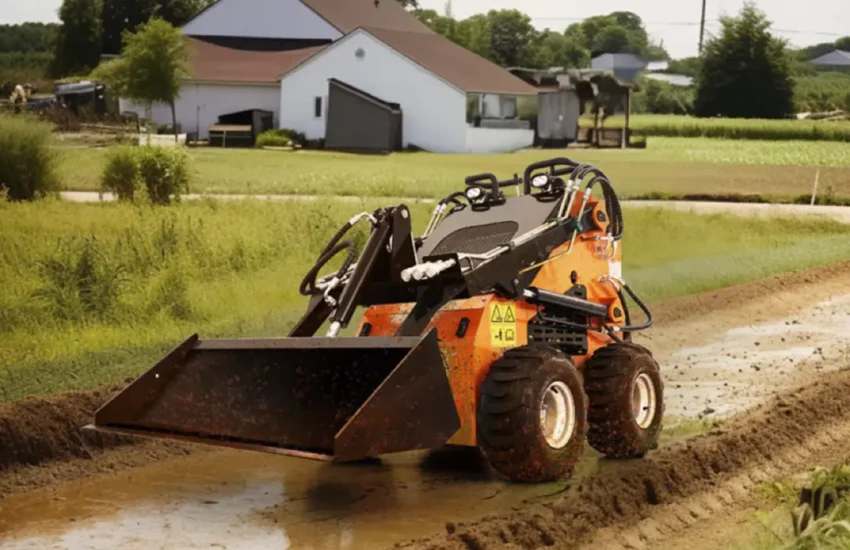Understanding the Roles of HVAC and Gutter Systems in Your Home
Rainwater is collected by gutters from the roof and directed away, lowering the possibility of leaks, protecting the external paint job of your house, and averting issues caused by dampness. These benefits are enhanced when gutters are cleaned regularly.
Clogged gutters can impede the flow of water, which causes it to overflow and damage your roof and walls. It can also seep into your basement or erode foundations and landscaping.

Water Management
Gutter systems are trough-like structures along the perimeter of your home that collect rainwater and redirect it away from foundations to prevent water damage. They’re essential to protecting your home’s foundation, avoiding basement flooding, maintaining exterior paint, and preserving landscaping and the integrity of your home’s structure.
Clogged gutters allow water to seep into your home, which increases humidity and moisture content, putting extra strain on an HVAC system to maintain a comfortable indoor temperature. Well-maintained gutters channel melted snow and ice away from your roof to prevent ice dams in colder climates.
In addition to removing debris such as leaves and pine cones, regular cleaning of your gutters removes gunk-like sand, dirt, and mud. This helps keep your gutters functioning efficiently and protects them from corrosion caused by abrasion. In addition, a professional cleaner removes debris that may have accumulated over time, such as clogged downspouts and gutter extensions that redirect the water flow.
Insulation
Gutters help keep moisture from seeping into soffits and fascia, which can cause mold, mildew, and wood rot. Gutters also protect the HVAC from water damage, which can cause rust or rot of internal components.
Insulation is a material that inhibits the migration of thermal energy in and out of a home, reducing heating and cooling costs. It keeps heat from escaping in the summer and holds it in during the winter, which reduces your utility bills. Lowered energy expenses can pay for insulation in less than a year.
Insulation also prevents outdoor air from clogging the filters of your HVAC system, which can lead to a decrease in efficiency. It prevents your home from becoming too damp, which makes it easier for the HVAC system to circulate the air, and improves indoor air quality by limiting outside dust. In addition, it is sound-absorbent, which can significantly reduce outdoor noises.
Energy Efficiency
Gutters are essential to maintaining the dryness of your HVAC system’s internal parts. This keeps them working effectively throughout the year and prevents any damage. This keeps your home warmer in the winter and cooler in the summer, allowing you to save money on energy.
Gutter systems collect the water that cascades off your roof and divert it from your home. This reduces soil erosion around your foundation and basement, protects your landscaping investment, prevents damage to the siding of your home, and preserves the value and beauty of your property.
A clogged gutter system is a breeding ground for rodents like birds and squirrels. Their nests can cause roof damage, while ice dams can rip your gutters off the home during cold weather. Getting your gutters cleaned at least twice a year prevents this from happening. They also help to save energy by reducing air leaks. They do this by preserving insulation and reducing gaps where conditioned or outside air can escape.
Foundation Protection
Gutter systems help reduce the amount of moisture that comes into contact with your house foundation. Without gutters, moisture can pool around the foundation and cause soil erosion and cracking. Gutters, paired with proper grading of the surrounding landscape, can help to redirect surface water and keep moisture away from your foundation walls.
The gutters themselves are made of various materials, including aluminum and vinyl. To ensure clog-free performance, they should be cleaned and maintained regularly. The downspouts are connected to the gutters and carry rainwater away from the house foundation, reducing the chance of basement flooding and structural damage.
If your landscape doesn’t naturally slope away from the house, you may want to consider installing a drainage system, gutters, and downspout extensions. This will help to minimize soil erosion and landscape damage. It will also help to control hydrostatic pressure and prevent groundwater from flowing towards your home’s foundation, decreasing the likelihood of a leaky basement.


